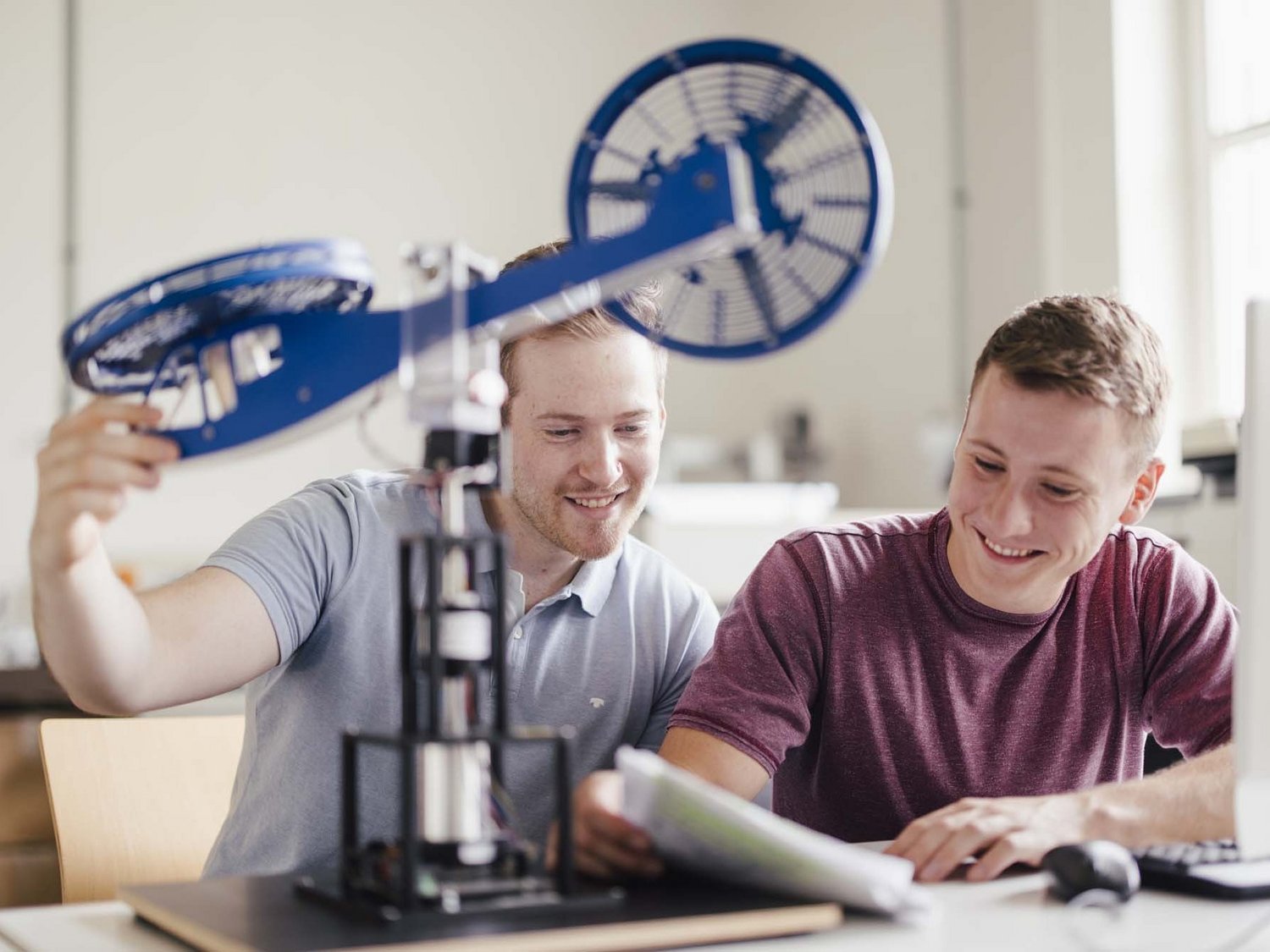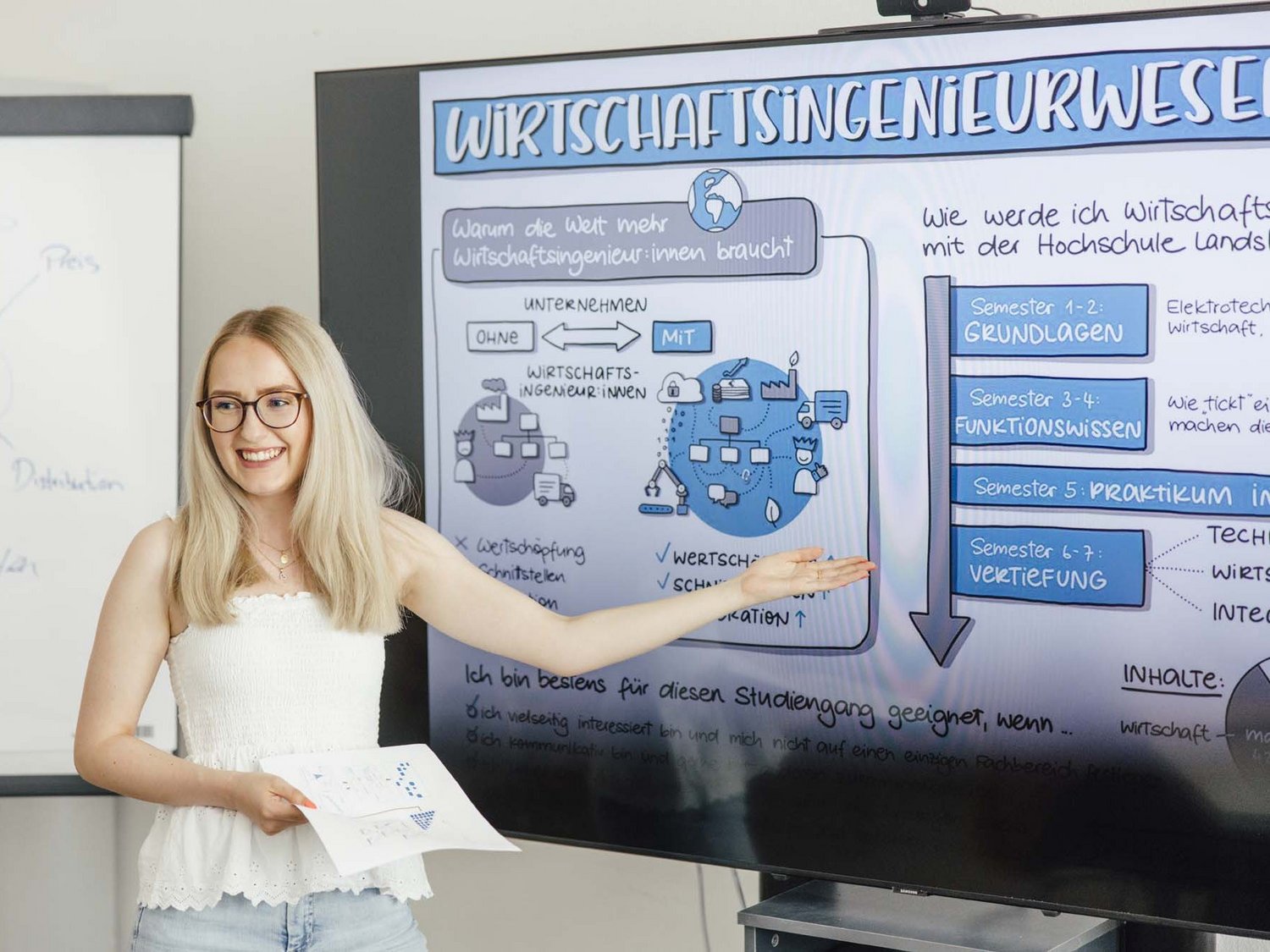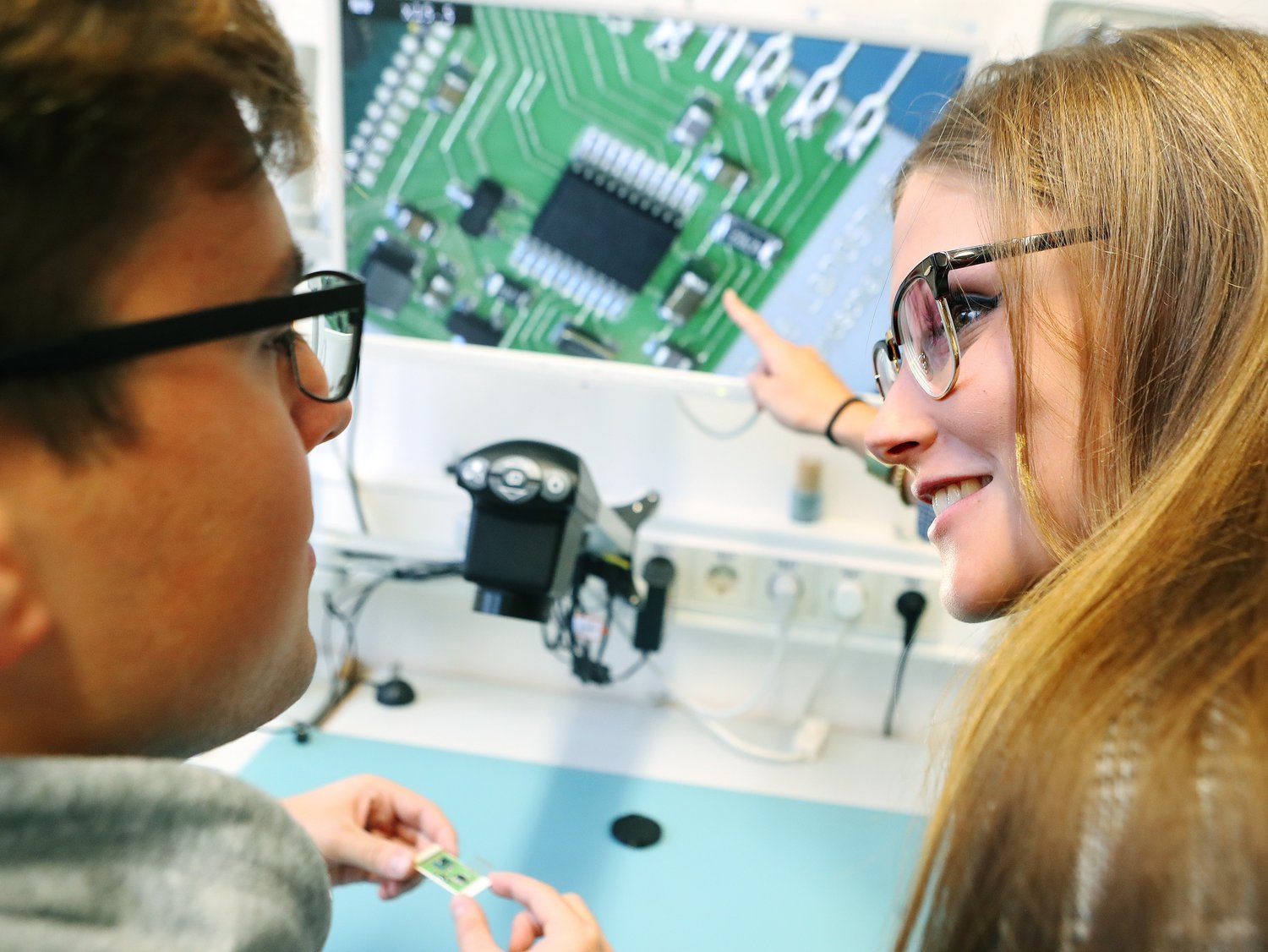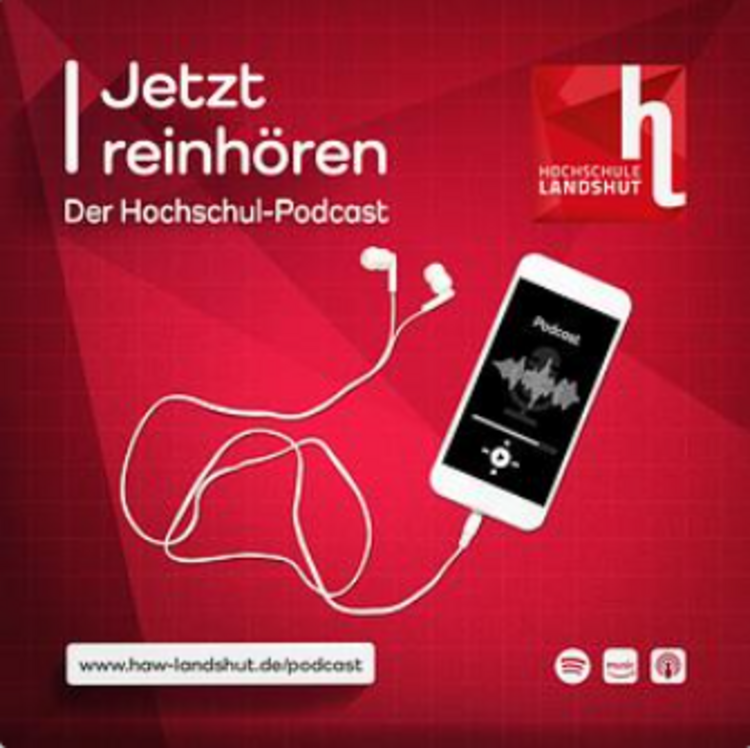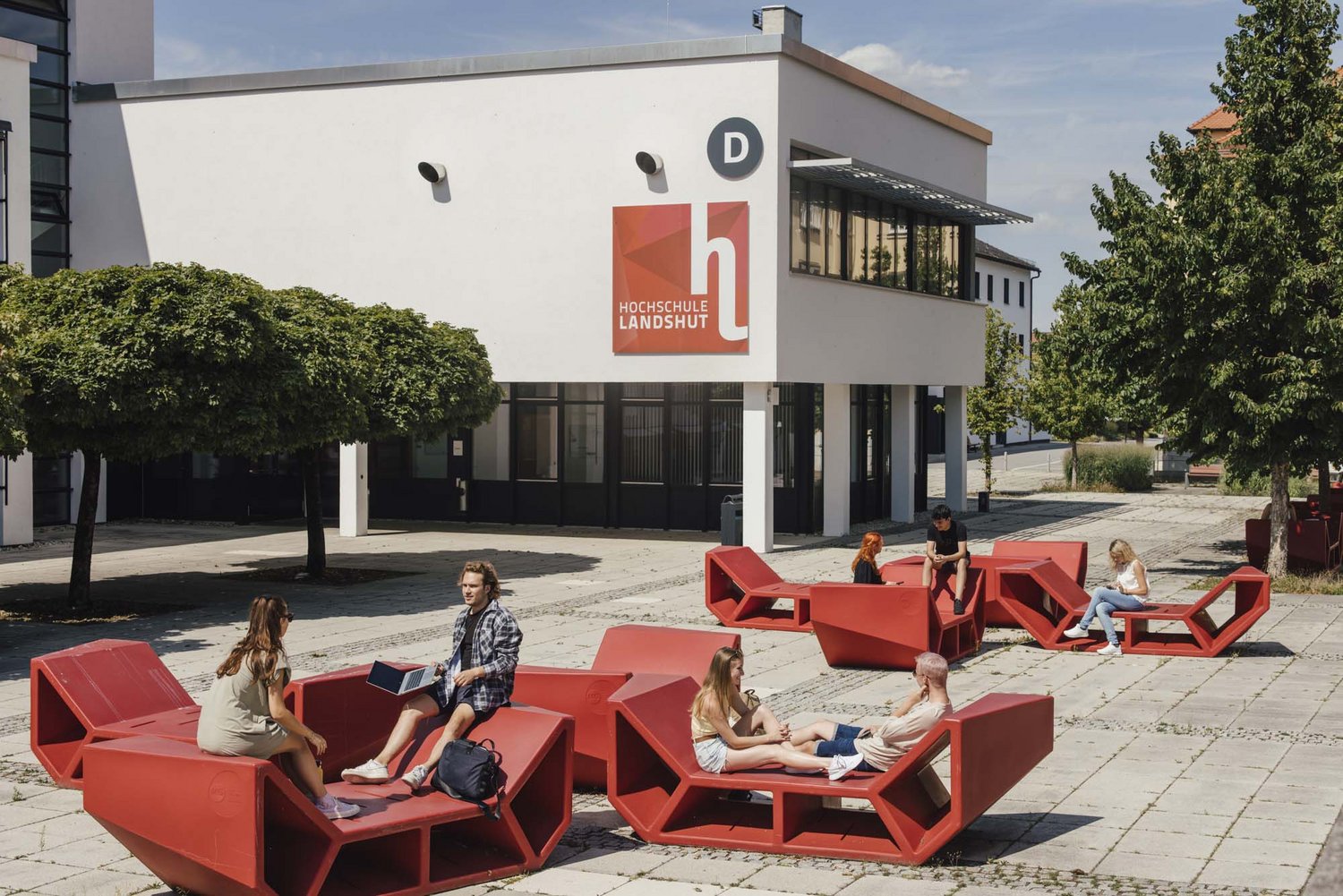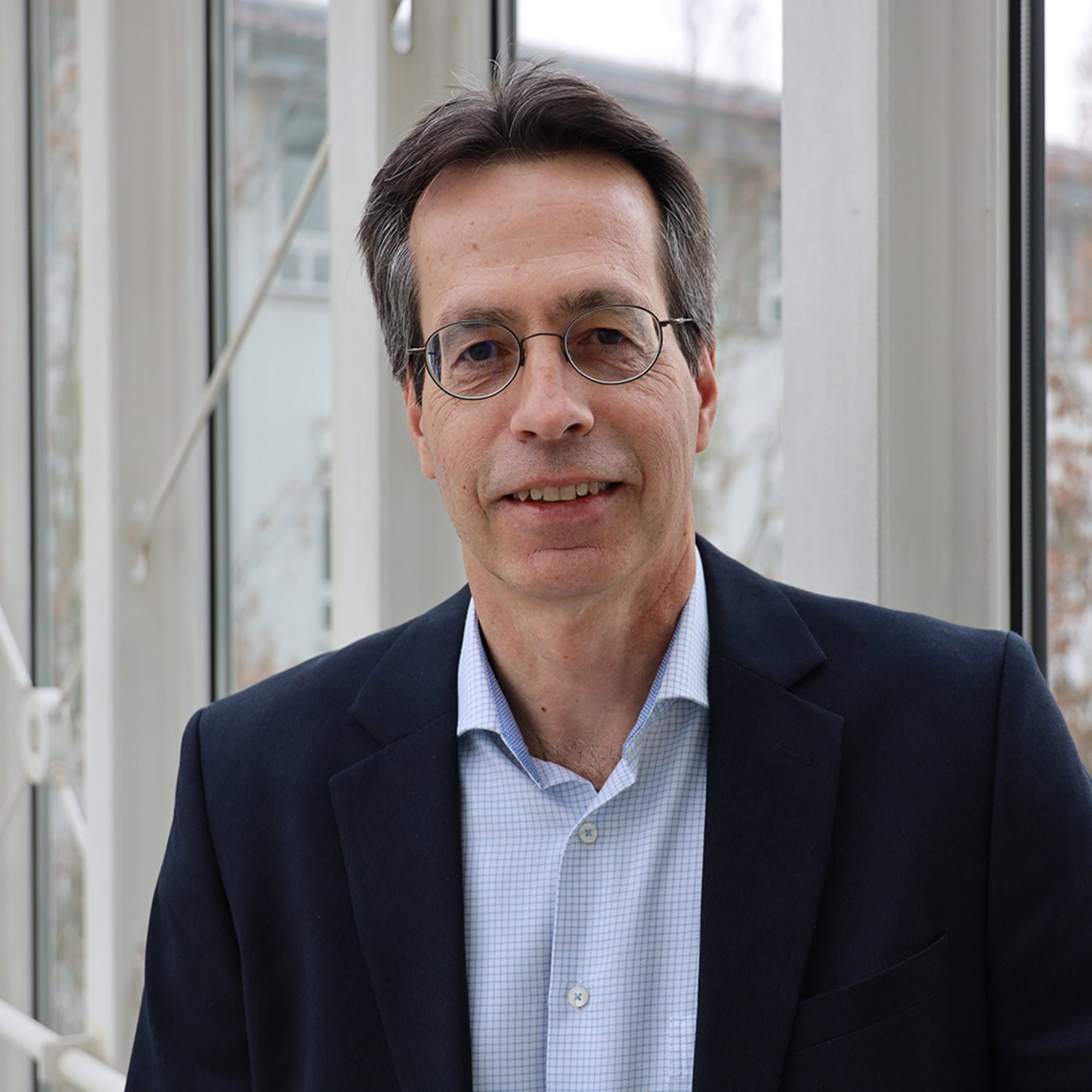
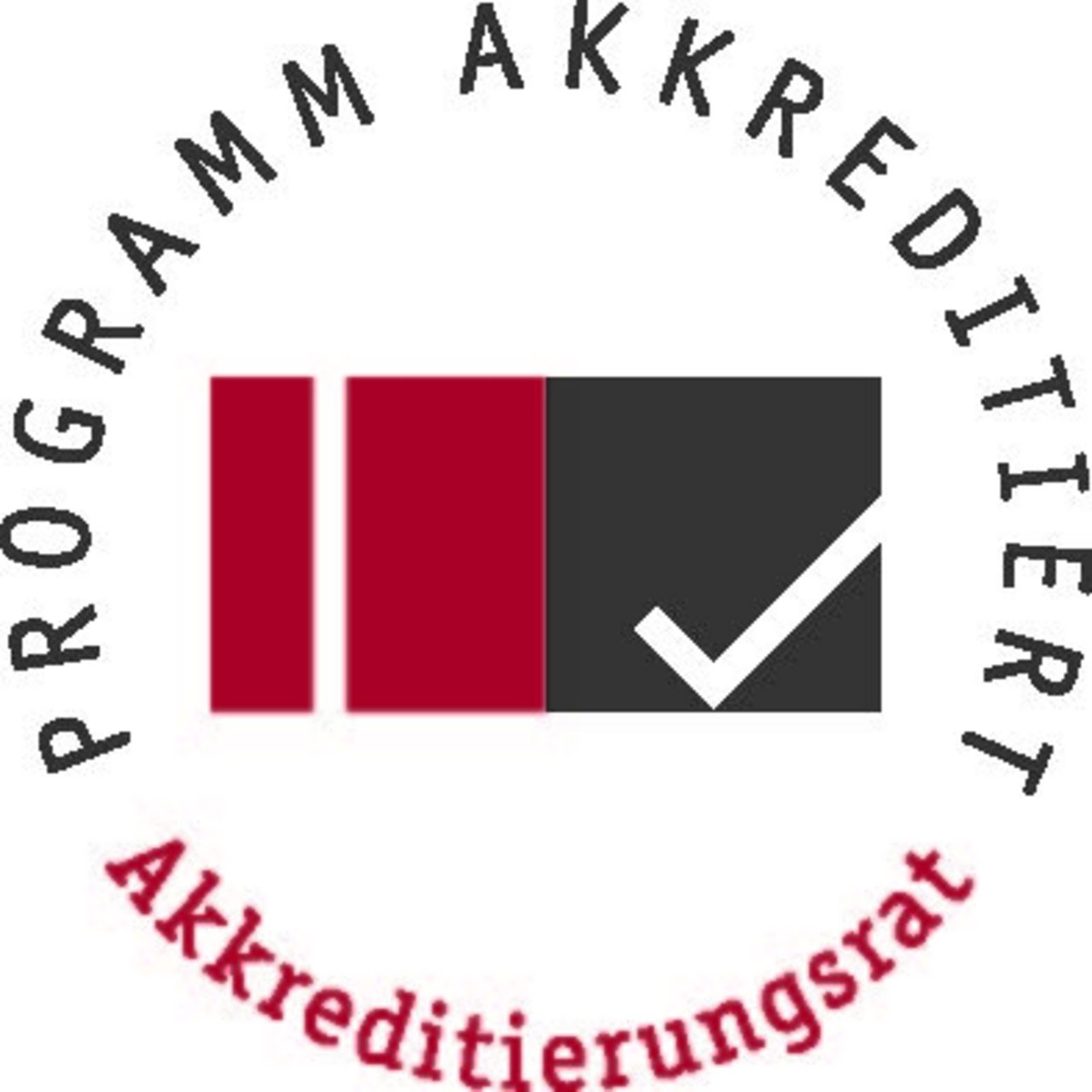
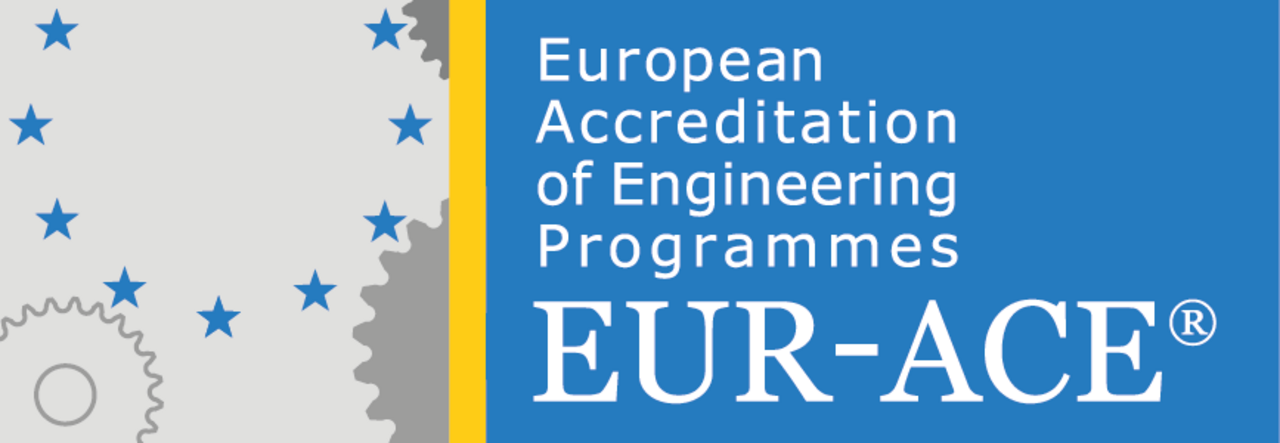
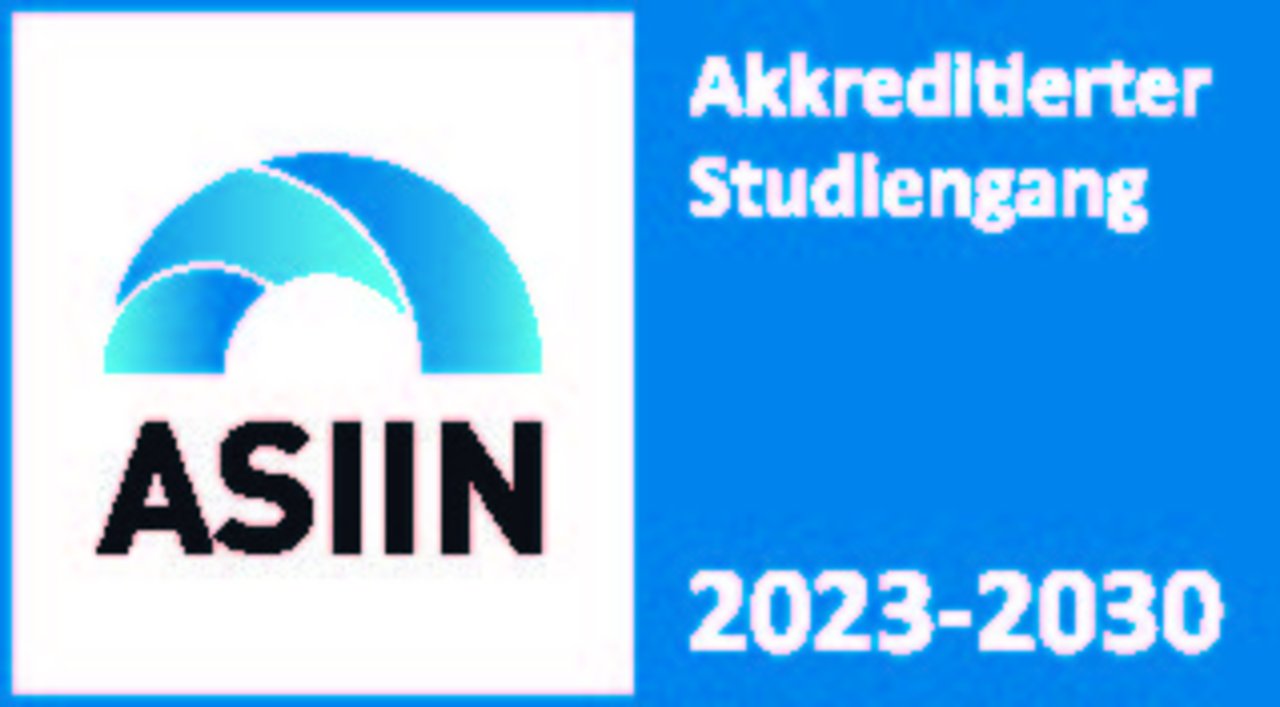
Accredited degree program
Engineering and Management
Bachelor
At the interface of business and technology, you will shape value creation through companies. You will acquire skills in engineering, business administration and the integration of these two areas. A wide range of elective options in the course of the degree programme allow you to create your own individual profile.
| Start | Winter semester |
|---|---|
| Admission Criteria | Unrestricted admission |
| Application period | 15.04.2025 - 15.07.2025 |
| Study format | Full time, with in-depth practical experience, Joint degree programme |
| Study cost | None (only semester fee) |
| Normal duration | 7 Semester |
| Language | German |
| ECTS | 210 |
| Accredited degree program | |
   | |
The study programme / profile
Value creation by companies is at the centre of industrial engineering. They use the available resources to produce goods that improve human life. Industrial engineering focuses on the interfaces in the value creation process that arise through specialisation and division of labour within and between companies. Industrial engineers have an integrating effect because they take both technical and business management requirements into account when developing, utilising and adapting value creation structures. They are also particularly well qualified to understand and deal with sustainability requirements in companies.
The degree programme is characterised by a high practical and application orientation as well as an extensive range of compulsory elective modules. Our students can expect an optimal learning atmosphere thanks to small study groups, personal contact with lecturers and individual support from our student advisory service.
Profiling
The first four semesters of the degree programme are standardised for all students. Afterwards, students can choose their own specialisations in the practical semester and in the two semesters of the specialisation course and tailor them to their intended professional field. A wide range of compulsory elective modules is available for this purpose.
If desired, up to three of the following eight specialisations can be achieved: Electrical Engineering, Information Systems, Energy and Sustainability, Process Management and Data Analysis, Production and Logistics, Marketing and Sales, Organisation and Leadership, Project Management
Students who make appropriate use of the freedom of choice also receive the "Certificate of Education in Sustainable Development", which is recognised throughout Bavaria.
Contents and course of study
The degree programme comprises six theoretical semesters and one practical semester. It imparts specialised knowledge of important engineering sciences and business administration. Throughout the programme, particular emphasis is placed on the integration of these two areas of training. In addition, there is the further development of interdisciplinary skills and competences such as team and project work as well as communication.
Particular emphasis is placed on practical and application-orientation in all parts of the programme, so that students are immediately employable upon graduation.
Prospects after graduation
There are many excellent career prospects in the field of industrial engineering. The broad focus of the degree programme enables students to become sought-after specialists at companies in all sectors. They can work in all operational functional areas and at all career levels.
There is also the possibility of a subsequent Master's degree programme and a doctorate.
Study requirements
The degree programme is particularly suitable for prospective students who are enthusiastic about mathematics, natural sciences and business administration. As a future link between technology and business administration, you should also enjoy working in a team. You don't have to be a maths genius - we build up your knowledge from the first semester onwards and offer bridging courses and tutorials.
The formal entry requirement for an application is a university entrance qualification or a subject-specific or general higher education entrance qualification. Professionally qualified persons (e.g. with a master craftsman's qualification) can also apply for a place on the programme under certain conditions.
Shape (Y)our Future
Shape your and our future - with a degree programme in electrical and industrial engineering! Our students deal with future-oriented study content on sustainability, digitalisation and electrification - in an optimal learning atmosphere thanks to small study groups, personal contact with our lecturers, lots of practical experience and strong networking with our partners from business, science and politics.
It is important to distinguish whether you are applying for a Bachelor's or Master's degree programme. There is also a difference as to whether the Bachelor's degree programme is admission-free or admission-restricted (with NC). Further information on the application and admission procedure can be found here.
The university determines the number of places to be allocated for individual degree programmes. From the applications received for places on degree programmes with restricted admission, the best students from various groups (Abitur, Fachabitur, master's degree, second degree, etc.) are admitted according to a ranking list until the number of places to be allocated is reached. The NC (Nurmerus Clausus, average grade for admission) is calculated each year from the average grade of the last university place awarded. Experience shows that the NC fluctuates considerably from year to year when there are only a few study places to be allocated and cannot be predicted in advance of admission. It is therefore not the grade point average required for admission that is specified in advance, but the number of study places to be allocated.
Depending on whether you have already studied something similar or the same degree programme elsewhere, you either apply for a higher semester or start a new degree programme in the first semester. If you apply for a higher semester, the creditable examination results in particular determine whether you can be admitted. More information here.
If you can prove that you have already acquired comparable skills - either through professional experience or as part of a previous degree programme - you can apply to have these recognised. The application must be submitted to the Student Service Centre and will then be reviewed by the relevant examination board. You will be informed of the decision after approx. 2-3 weeks. The application can be found here.
Once you have registered in the applicant portal and uploaded your documents, you will be kept up to date on the progress of your application. If something is missing or incorrect, which would lead to exclusion from the award procedure, you will also be notified there. The letter of admission is also available for download there. Click here to go to the applicant portal.
As part of the application process, if you accept the study place offer, you must contact your health insurance company and inform them that you intend to start studying at Landshut University of Applied Sciences. The health insurance company will then confirm directly to us via a digital message that health insurance cover is in place. If you have private health insurance, you must consult a statutory health insurance company and request confirmation of exemption. This will also be reported to us digitally. Information on health insurance during your studies can be found here.
By paying the student union fee, which must be paid before starting your studies and then once per semester, you acquire a semester ticket. This semester ticket entitles you to use local public transport in the area covered by the Landshut Transport Association (LAVV). The semester ticket is printed on the student ID card and must be presented without being asked before travelling. Details can be found here.
The student ID card is sent to you by post before you start your degree programme. You can use your student ID to pay in the canteen or use the 24-hour library, for example. The semester ticket is also printed on the student ID card. The student ID card must be revalidated for the following semester after re-registration. You can find out more here.
For all degree programmes that are not part of the continuing education academy, there are generally no tuition fees. Irrespective of this, the student union fee must be paid once per semester. This solidarity contribution provides financial support for the canteen or the student halls of residence of the Studentenwerk Niederbayern/Oberpfalz, for example. The semester ticket is also included. Further information here.
We would like to invite all prospective students to our information events on campus! In addition to the study information day, there are also smaller online and face-to-face events such as the university podcast or the applicant day and much more, where you can get detailed information about degree programmes and Landshut University of Applied Sciences. Our counselling services can also be used for personal consultations at any time.
At the start of their studies, our first-year students are warmly welcomed and provided with all the necessary information. You will be given an introduction to how the university platforms work, the lecture timetable, the Studium Generale and much more!
BAföG is administered by the Studentenwerk Niederbayern/Oberpfalz. This is located in Regensburg. You can either go there directly or contact the BAföG counselling centre of the Studentenwerk N/O in the E building.
Landshut University of Applied Sciences and the Studentenwerk Niederbayern/Oberpfalz offer students free psychological counselling in difficult life situations. You are welcome to get in touch with the contact persons at any time.
Attractive companies advertise study-related jobs such as internships, student traineeships and entry-level positions on the university job exchange. In addition, the part-time job exchange offers a variety of mini and holiday jobs to finance your studies.
The Studentenwerk Niederbayern/Oberpfalz currently manages three public student halls of residence in the immediate vicinity of the university. There are also six other halls of residence run by private organisations. More information here.
Information for students
How does the study programme start? Where can I find all the important information about my degree programme? We have provided our students with all the important and relevant information and links.
Learn more

